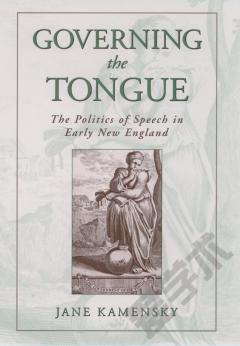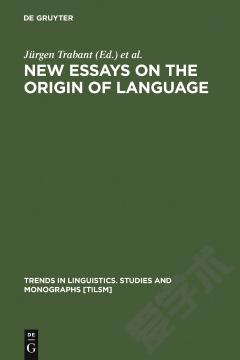Governing the Tongue —— The Politics of Speech in Early New England
----- 治舌:新英格兰初期的言论政治
Colonial New Englanders would have found our modern notions of free speech very strange indeed. Children today shrug off harsh words by chanting "sticks and stones may break my bones but names will never hurt me," but in the seventeenth century people felt differently. "A soft tongue breaketh the bone," they often said. Governing the Tongue explains why the spoken word assumed such importance in the culture of early New England. Author Jane Kamensky re-examines such famous Puritan events as the Salem witch trials and the banishment of Anne Hutchinson to expose the ever-present fear of what the puritans called "sins of the tongue." But even while dangerous or deviant speech was restricted, Kamensky points out, godly speech was continuously praised and promoted. Congregations were told that one should ones voice "like a trumpet" to God and "cry out and cease not." By placing speech at the heart of familiar stories of Puritan New England, Kamensky develops new ideas about the relationship between speech and power both in Puritan New England and, by extension, in our world today.
{{comment.content}}








 京公网安备 11010802027623号
京公网安备 11010802027623号